Why is a large-scale national project needed in education?
V.I. Durneva, Deputy Director for Educational Work
Municipal Budgetary Educational Institution "Secondary School No. 19 with UIOP"
There is nothing in the world that could achieve perfection from the very beginning; on the contrary, almost every phenomenon starts with hesitant simplicity, and only later does it reach undeniable completeness.
Apuleius
The primary task of the priority national project "Education" is to give Russian education an impetus to move forward. The idea of the national project is of immeasurable importance. It aims to prioritize innovative education, which will ensure the success of the state and its citizens. "Education must meet the global challenges of building an advanced economy, which today can only develop based on scientific and technological innovations," states the project. The project also affirms continuity between school and higher education: "But before a graduate leaves the university, they must undergo a long journey of school education and civic upbringing, coming to understand that their knowledge is an advantage in the labor market competition, as well as the best opportunity to enter adult life and build a successful career. And their patriotic stance and readiness to serve their country is what makes up civil society."
Academician D.S. Likhachev wrote: "Love for the homeland begins with love for one's family, home, and school."
What school can a 21st-century student love? Answer two: the one where a talented and wise friend, a professional teacher, is waiting for them. Without improving the teaching staff, supporting domestic educators, attracting young talented people to the teaching profession, modernizing teacher education, developing a system for advanced training, exchanging innovative experiences between educational institutions in neighboring regions, and spreading the experience of the best teachers, optimal results for the project's implementation would be impossible. It is gratifying that thanks to the PNPO (Priority National Project in Education), there is a shift in societal attitudes toward the teaching profession in our country. People are beginning to realize that lowering the teacher to the level of service staff is a harmful practice. The national project "Education" has drawn attention to the teacher, allowing people to look into the teacher’s creative workshop and see the complex, multifaceted work of the person responsible for the future of the country.
What school can a 21st-century student love? Answer three: the one that cares about their physical and spiritual health. Yes, the issue of students' physical health is particularly pressing: "the preservation and strengthening of students' health: sports as a way to address acute problems such as drug addiction, alcoholism, and juvenile delinquency; balanced hot meals, medical services, including timely health check-ups; implementing preventive programs," discussing healthy lifestyle choices with children, transitioning from mandatory events to individual health development programs for students – this is the focus of the project for schools.
However, it is already clear today that without the revival of the humanitarian traditions of our education, the Russian school will lose "its unique face." President V.V. Putin, at the founding congress of the All-Russian Association of Teachers of Russian Language and Literature in November 2013, expressed regret that the level of proficiency in the Russian language, as well as the interest in literature, is declining among young people. He proposed declaring 2015 the Year of Literature. In this regard, how can we not recall the reflections of Dmitry Sergeyevich Likhachev: "I envision the 21st century as the century of the development of humanitarian culture, a culture that is kind and nurturing, laying the foundation for freedom of choice in profession and the application of creative forces. Education, subordinated to the goals of upbringing, the diversity of secondary and higher education institutions, the revival of self-respect that prevents talents from descending into crime, the restoration of the reputation of a person as something higher that everyone should value, the revival of conscience and the notion of honor – this is what we need in the 21st century. Not only Russians, but especially Russians, because this is what we have largely lost in our troubled 20th century."
After the first stage of the PNPO implementation, new directions emerged. They are closely linked with federal targeted programs such as "Scientific and Scientific-Pedagogical Personnel for Innovative Russia" (2009-2013), "Russian Language (2011-2015)," the National Educational Initiative "Our New School," the projects "Support for Leading Russian Universities," "Modernization of Regional School Systems," and others. Moreover, on September 1, 2013, the new Law on Education came into force, and its implementation must become the responsibility of our entire society. All this indicates that the implementation of the PNPO is becoming the responsibility of our entire society. Therefore, the question: why is a large-scale national project needed in education? – is no longer relevant. What is more important is how to "mobilize the entire nation" and achieve the results of its implementation "in undeniable completeness."
Review of Pre-Trial Appeals and Judicial Practice Concerning Challenges to Decisions of the Federal Service for Supervision of Natural Resources
Open Joint Stock Company "Central Suburban Passenger Company" (ОАО "Central PPK")
Order on the Results of the Competitions Dedicated to Rescuer’s Day
Geography Test Assignments: South America, Antarctica, Lithosphere, and Geographic Discoveries (Grades 6–9)

 Deutsch
Deutsch
 Francais
Francais
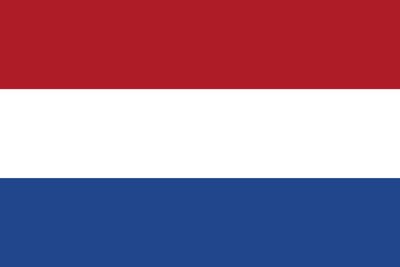 Nederlands
Nederlands
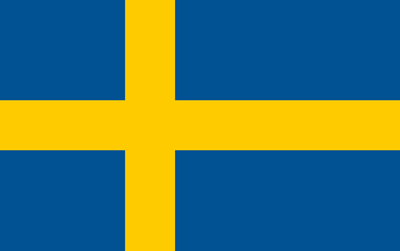 Svenska
Svenska
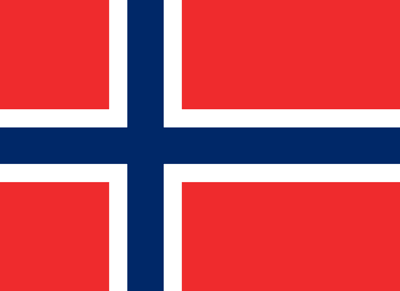 Norsk
Norsk
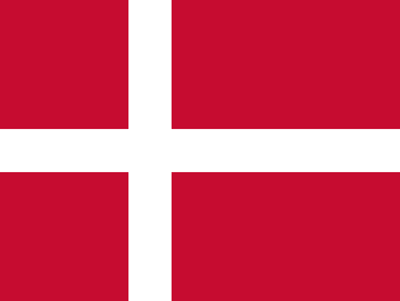 Dansk
Dansk
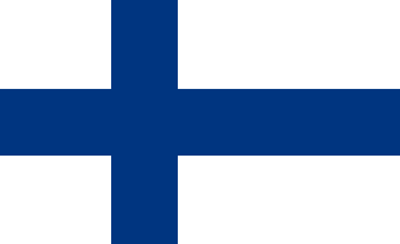 Suomi
Suomi
 Espanol
Espanol
 Italiano
Italiano
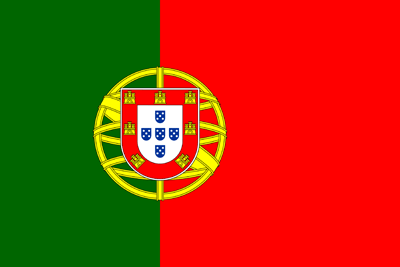 Portugues
Portugues
 Magyar
Magyar
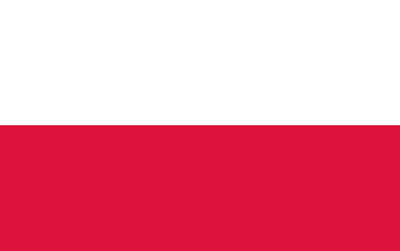 Polski
Polski
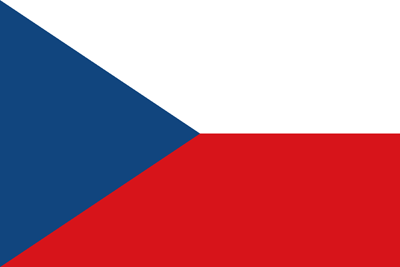 Cestina
Cestina
 Русский
Русский